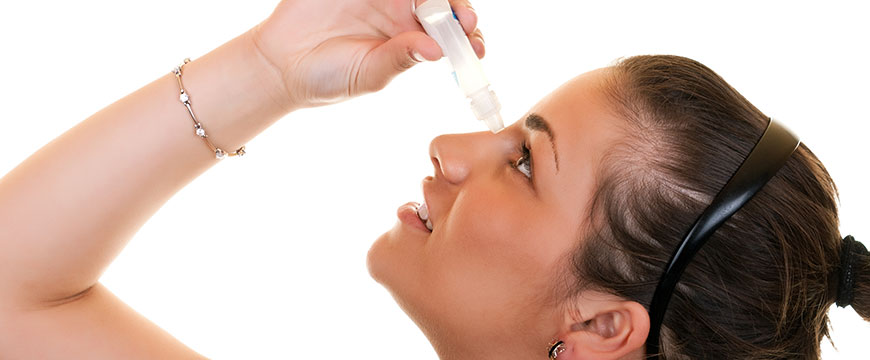
Itchy skin can be frustrating, no matter what the cause is. Even if it might feel better for the time being when you scratch, it will only worsen when you scratch continuously. In order to manage itchy skin, you have to understand the cause and look for the right remedy.
Keep in mind that there is pollen in spring, dry dust in winter, and dust in the summer. These changes in the season bring you sets of irritants and reactors for millions of people that can make skin allergies worse. When you go to an allergy clinic, the doctor will explain to you what treatment is needed and how to prevent it from happening. Find out more about it now.
What Skin Allergies are There?
Skin allergies happen when you have an immune system that reacts to a perceived threat, which will normally be harmless to your body. The common symptoms of skin allergy include:
- Redness
- Itching
- Raised bumps
- Swelling
- Skin flaking
- Skin cracking
The best way to avoid skin allergies is to avoid or limit your contact with an allergen. However, if you encounter an allergen, you can choose home remedies to address the symptoms.
How to Manage Skin Allergies
- The scratches should be kept clean – You will be tempted to scratch itchy skin. However, if you are not careful, you could end up with a blister or create a wound because of your nails. Either way, the open-wound scratches can get infected if it does not receive proper care. You should try washing your hands before touching the scratches and keeping fingernails short to lower the risk of irritation and infection.
- Take a cold shower – A cold bath can help reduce allergies and skin irritation. A cold shower will help blood vessels to shrink and will not allow histamine to come out. It will also reduce skin irritation and the severity of allergic reactions.
- Oatmeal – Oatmeal has different biological active properties, which include antioxidant and anti-inflammatory components. All of these can help soothe allergic skin reaction itchiness.
Among the popular ways to treat skin allergic reactions include a poultice or an oatmeal bath. Both need powdered oatmeal. You will be able to make a powdered meal when you grind store-bought oatmeal into a fine powder with a blender, coffee grinder, or food processor.
- Wear the right clothes – Some kinds of materials like polyester or wool cause irritation and swelling, which leads to an itch. Clothes made from bamboo, cotton, or silk are easier on your skin by becoming more breathable and softer while it is eczema-friendly.
- Olive oil – Extra virgin olive oil will go wonders as a moisturizer. Olive oil is rich in vitamin E, which is helpful in repairing skin after any allergic issues and it reduces itching as well. This type of remedy is best when you compare it to chemical moisturizers.
- Air conditioner and/or humidifier – When your skin is feeling hot and/or dry, maybe you will find that the itchiness of your skin gets worse. You should use a humidifier and/or air conditioner so your skin will be in a better environment.
- Medical herbs and plants (Neem, Aloe Vera, Basil, Coriander, Calendula) – Aloe Vera is an excellent choice to manage your allergies because it has strong antibacterial, anti-irritant, and anti-fungal properties. Aloe Vera has a fleshy gel that can soothe allergies.
- Avoid scratching the itch – It could seem like the hardest thing to do, but you should try not to scratch your skin because the irritation will only get worse.
You can go to an allergy center Manassas VA anytime if you need more tips on how to manage skin allergies.





